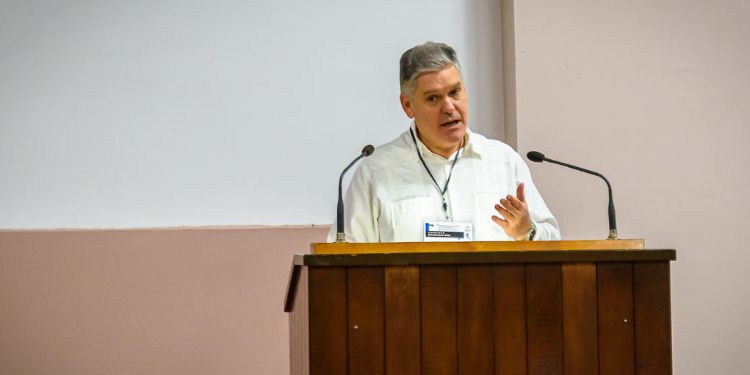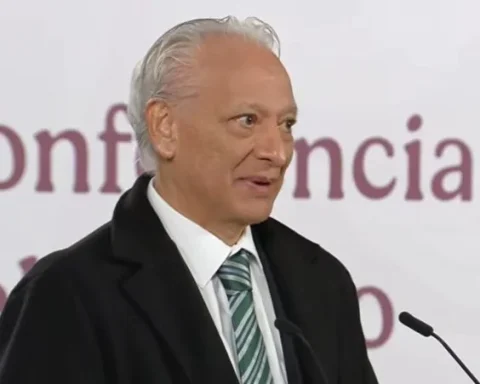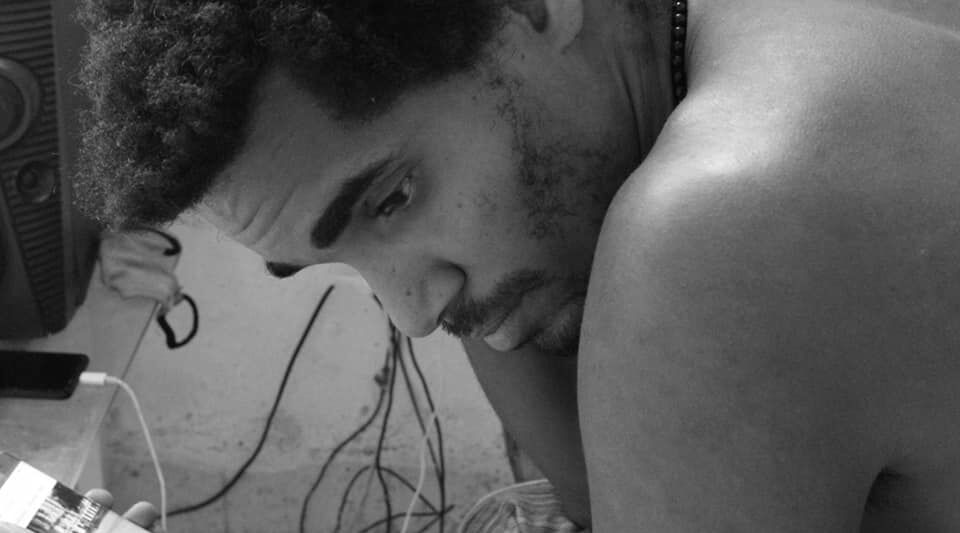Madrid Spain. — Honestly, at this stage of the party, it makes less and less sense to dedicate a moment, just a moment, to the plan for the economy in Cuba. Too many failures in a row. The central piece of the machinery of the economic and social model that was imposed on Cubans by the so-called Revolution is incapable of solving society’s problems. Although Díaz-Canel insists over and over again that “the elements of the economic plan and the State budget for 2023 must be worked very seriously, responsibly and in depth, and do it in the most realistic way possible,” he knows that he is wasting time. The changes and the “localist” makeup that they want to give to the plan are not going anywhere.
An article in Granma titled Work responsibly and in depth on the Plan for the Economy and the Budget for 2023 deals with these issues. There, Diaz-Canel’s words are quoted in the Council of Ministers in the sense that “we have to take the country, based on our own effort, our own talent, our own intelligence, to a different situation economically and in the social, and that must be reflected in the plan that we are going to work for 2023, and in what we are doing from now on to get to a better situation”.
I wish. But I am very much afraid that with the plan and the interventionist hulk of the communist social model we are not going to get very far. And much less with the guidance they intend to give. The Cuban economy needs just the opposite: freedom and flexibility, and a greater role for private actors, property rights and the market to allocate resources to their different purposes. It is not with more State, intervention and plan how the lives of Cubans can be improved. Why continue with the same old rattle?
The centralized, hierarchical and bureaucratic plan of the economy is an obsolete instrument, which has shown on numerous occasions that it is incapable of foreseeing economic events, so defaults are common. Its hierarchical and centralized structure is contrary to economic rationality and subjects the behavior of private and state actors to mandatory guidelines, drawn up by a sanhedrin of boring bureaucrats. With all this set of inefficiencies, the plan does not allow articulating the processes and generating the “linkages” that Díaz-Canel talks about so much without knowing very well what it is about.
There is no sector of the Cuban economy in which the plan is correct in its forecasts. The actions that are required of economic actors are beyond any realism and there is so much bureaucracy that more time is wasted filling out forms that are useless than making quick and efficient decisions to meet social needs.
The worst of all this is that the Cuban communist leaders have taken the plan as something of their own, ideological and reactionary, to which they are not willing to give in. Big mistake. Chinese or Vietnamese rejected the plan and opted for economic freedoms and thus are reaching increasing levels of prosperity. That the Cuban communist leaders hide behind the dispute with the United States to affirm that “they will not yield on their principles, nor will there be negotiations” to leave behind what does not work, that is, the plan, is the chronicle of an anticipated disaster that will end causing collateral damage.
For example, the approaching food crisis as a result of the impact of Russia’s invasion of Ukraine. Who was going to say it. The main ally of communist Cuba, Putin, is causing tension in the world markets for raw materials and food, and analysts are already talking about a global food crisis that will have disastrous consequences for the Cuban economy. The plan does not even mention it, logically, when it was drawn up months ago this was not foreseeable.
They say they want to update it. We’ll see how long they take; At worst, when they finish doing the numbers, the crisis will already be hitting the weak Cuban economy. The island’s communists believe that by publishing a law or drawing up a program of food sovereignty and nutrition education they have already fulfilled their role, and they are wrong. The solution is in the furrow, in the form of more production and another organizational model. There they.
They also say that they want to boost foreign investment and tourism with the plan, as if that could be done and achieved from Cuba. We have been trying to explain to the communist leaders for a long time that foreign capital freely chooses its investment projects wherever the right conditions present themselves. As long as Law 118 of foreign investment is in force in Cuba, there is not much to wait for. Of tourism, it is already known: this year the objective of 2.5 million visitors will not be reached by a long shot.
Even behind the plan there are old communist tricks that go nowhere, such as the issue of worker participation. In a country where there are no free and independent class unions or business organizations that can engage in social dialogue and a democratic process of agreement and collective bargaining, as recommended by the International Labor Organization (ILO), the communists defend the participation of workers in the process of drawing up the economy plan. Is this realistic? Is this type of assembly participation what the country needs?
Of course it’s good for workers to talk. Their talent is taken advantage of, but effective procedures must be defined in which realistic and easy-to-implement solutions are reached, and that participation is not just another bureaucratic element of the process, which nobody remembers afterwards.
In short, the plan, by definition, is poorly oriented, because its objective is “the constant search for actions that guarantee the minimum necessary for the population, from the most economical means possible.” This commitment to the “minimum necessary” leaves out of the plan those segments of society, increasingly broad, that are not satisfied with equal distribution and that aspire to more. They aspire to more food, medicines, transportation services, health, education, culture, sports, security and social care, community services, water supply, waste treatment, electricity and others. And above all with better quality. Communist egalitarianism is an instrument that ends up destroying the prosperity of a nation.
And what about the state company? The quintessential mantra, so much so that nobody knows what to do with them, or in which direction they should move. Even more so since the appearance of MSMEs, which already outnumber state companies. The communists speak of ceding all possible powers to the business system to diversify production and services, so that companies produce everything they can and thus respond to the demands of the population associated with certain goods and services. But this transfer of powers is insufficient and the reality is that it does not allow companies to function with the necessary autonomy due to the bureaucratic networks that control and direct them.
As for the investment program and the plan, Cubans still cannot understand how the regime dedicates more and more resources to the construction of Hotels for tourists who have not just arrived; on the other hand, not a single peso is allocated to the construction of housing for the population. The choice of investments based on political criteria is another source of irrationality in the plan, which supposes a notable waste of resources.
At this point, and with reference to local development, Prime Minister Manuel Marrero warned that the proposals of the plan “must be in correspondence with the local development strategy.” This idea of solving all the municipality’s problems with a one-year budget goes against the efficiency of taking advantage of scale to produce goods and services at lower unit costs that help reduce inflation. The commitment to local development that is made in the plan also creates inequities in the territory based on the economic dynamism of the areas and thereby increases social inequalities due to residence.
Bringing the plan to the municipalities is a novelty this year. A makeup that changes the conception of the projects, which are approved in the municipal assembly, reflecting the problems and interests of the communities, in the neighborhoods. Those who prepare the proposals have the responsibility to determine the solutions to their problems.
Does this municipalist and localist orientation of the plan, until now centralized at the State level, make sense? It does not seem. Ensuring that the budget is allocated to the neighborhood so that it causes a real transformation and takes better advantage of the potential in the local production of construction materials does not guarantee that what is planned will be fulfilled, because the budgetary stimulus is not enough to generate economic activity. Many more things are needed for this, and they are not precisely in the communist plan, but in the private sphere. At the local level, breaches of the plan may be even higher. The Cuban communists have not reflected on this question. The plan’s days are numbered, but they are reluctant to leave it behind.
OPINION ARTICLE
The opinions expressed in this article are the sole responsibility of the issuer and do not necessarily represent the opinion of CubaNet.
Receive information from CubaNet on your cell phone through WhatsApp. Send us a message with the word “CUBA” on the phone +1 (786) 316-2072, You can also subscribe to our electronic newsletter by giving click here.

















